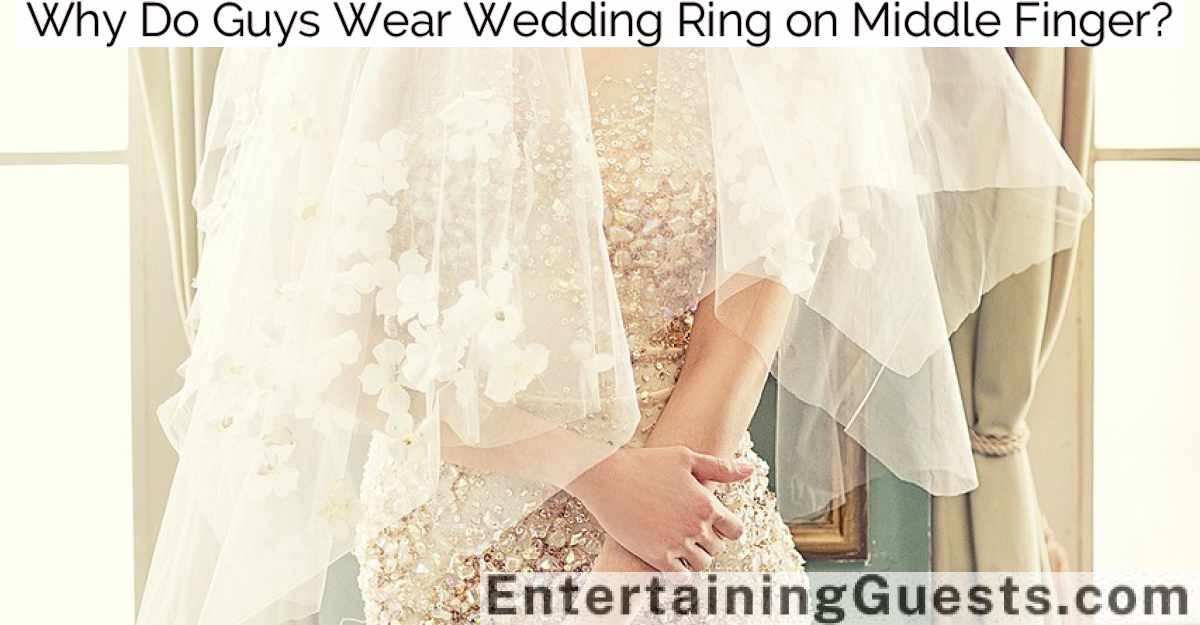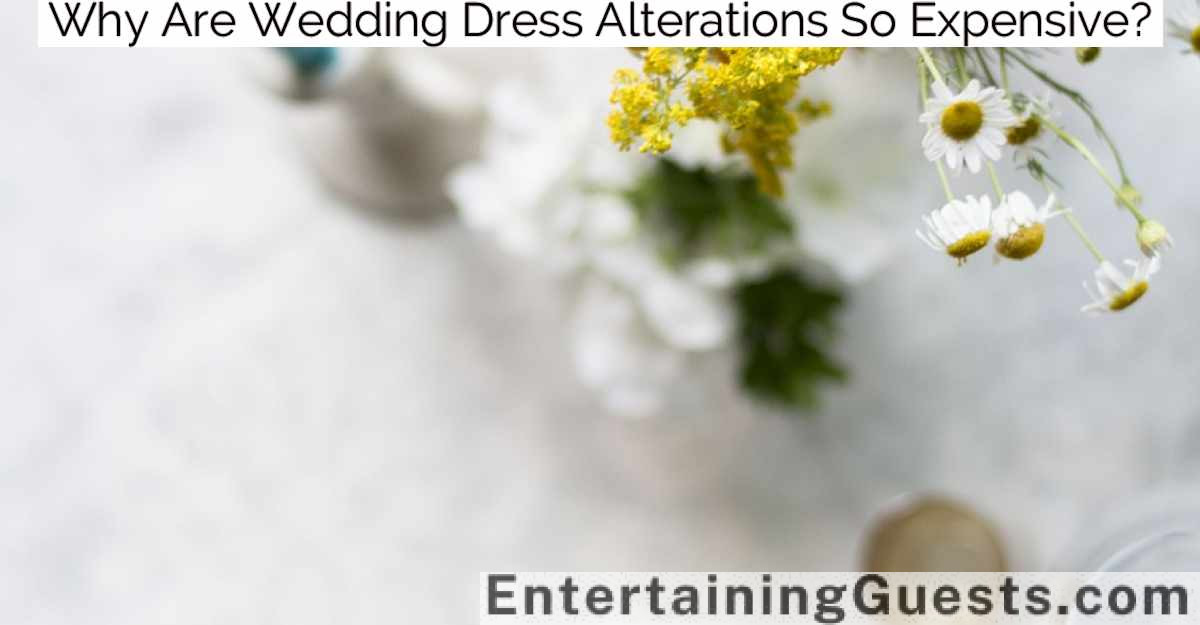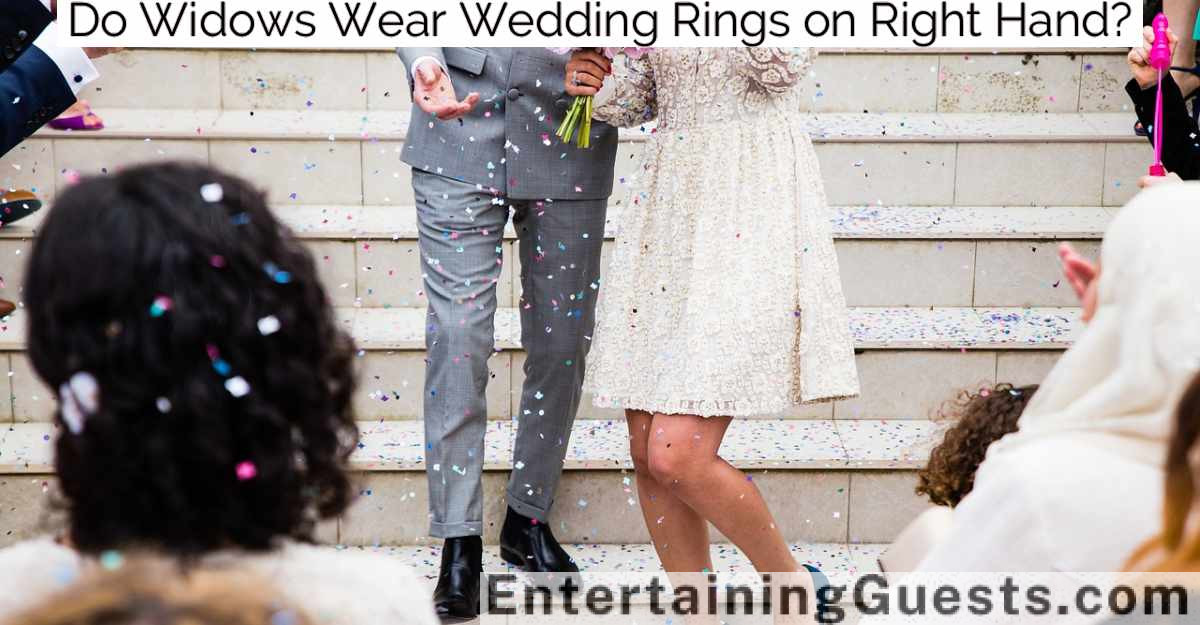No, you are not required to get a wedding band if it does not align with your personal style or budget.
Wedding bands traditionally symbolize eternal love and commitment, but there are many modern alternatives that might better reflect your relationship and lifestyle. These alternatives include tattoo rings, meaningful necklaces, or commitment certificates.
Each choice has its own advantages and disadvantages in terms of cost, comfort, and personal expression. By exploring these options, you can find a symbol of your commitment that truly resonates with your values and daily life, ensuring that your selection is deeply meaningful and appropriate for both you and your partner.
The Tradition of Wedding Bands
Wedding bands, those enduring symbols of marital commitment, have a rich history rooted in ancient customs. Originating over 6,000 years ago in ancient Egypt, rings were fashioned from plants twisted into circles to signify eternal love, a concept that resonates even in today’s ceremonies.
The circular shape, with no beginning or end, was believed to represent the perpetual nature of love and the bond between a couple.
As you explore deeper into the tradition, you’ll find that the Romans adopted this custom but with a twist. They crafted rings from iron, symbolizing strength and permanence in the marital relationship.
It wasn’t just about love; it was also about durability and the long-term nature of the union. In these times, the wearing of the ring also shifted to the fourth finger of the left hand, based on the belief that this finger housed a vein that led directly to the heart, enhancing emotional bonds.
Understanding these roots, you can appreciate the symbolic weight a simple band carries.
While it’s a small part of the wedding, it connects you to centuries of lovers who’ve chosen to signify their union in this enduring way.
Pros of Choosing a Wedding Band
Reflecting on the profound history of wedding bands can enhance your appreciation for their significance in today’s ceremonies.
Traditionally, these bands symbolize an unbreakable commitment, represented by their seamless, circular shape. By choosing a wedding band, you’re participating in a centuries-old tradition that connects you with countless generations before you.
Opting for a wedding band also offers a public declaration of your commitment. It’s a clear, visible sign to the world around you that you’re dedicated to your spouse. This can strengthen your bond and provide a constant reminder of your connection and promises made to each other.
Furthermore, wedding bands are incredibly customizable. You can select materials, designs, and engravings that truly reflect your personality and relationship.
This customization makes your wedding band not just a piece of jewelry, but a personal statement and a unique symbol of your love story.
Cons of Using Wedding Bands
While many couples cherish the tradition of wedding bands, there are several drawbacks to contemplate. To begin with, the cost can be quite prohibitive. Quality bands, especially those made from precious metals like gold or platinum, can set you back a significant amount. You’re not just paying for the material but also craftsmanship and, often, the brand.
In addition, comfort and practicality can be an issue. If you’re not used to wearing jewelry, a wedding band might feel intrusive or uncomfortable. For those in professions that involve manual labor or frequent hand washing, wearing a band every day can be impractical or even risky.
There’s also the worry of loss or damage. The sentimental and financial value of a wedding band means losing it can be distressing and costly to replace.
Furthermore, the styles of wedding bands might feel limiting if you’re someone who values individual fashion expression. The traditional designs mightn’t align with your personal style, which can make you feel like you’re wearing something that doesn’t truly represent you.
Each of these points merits careful consideration, as they could impact your daily comfort and long-term satisfaction with your choice of symbolizing your union.
Alternative Symbols of Commitment
Considering the drawbacks of traditional wedding bands, you may be looking for other ways to symbolize your commitment. Fortunately, there are numerous alternatives that both honor your unique relationship and align with your lifestyle or beliefs.
One popular option is a tattoo ring. These permanent ink symbols are customized and can range from simple band designs to significant symbols or dates, embodying your commitment directly on your skin. It’s a profound way to represent your bond without the worry of losing a physical ring.
Another choice is using meaningful jewelry other than rings, such as necklaces or bracelets. You can select pieces that resonate with personal significance for both of you, perhaps incorporating stones that represent your birth months or charms that symbolize shared experiences.
For those who value practicality over ornamentation, consider commitment certificates. These can be beautifully framed and displayed in your home as a daily reminder of your promises to each other. They allow for expressive vows and can be as artistic or minimalist as you prefer.
Exploring these alternatives lets you celebrate your union in ways that truly reflect who you’re as a couple, making your commitment both personal and meaningful.
Making the Right Choice for You
If you’re contemplating alternatives to traditional wedding bands, it’s crucial to assess what feels most authentic to both your relationship and personal values.
Ask yourself what symbolizes your union best. Maybe it’s a different kind of ring, like one made of wood or silicone. Perhaps it’s not a ring at all but another piece of meaningful jewelry, or even a tattoo.
Consider your lifestyles too; maybe a typical gold band doesn’t suit your active, hands-on life.
Once you’ve narrowed down your options, think about the practical aspects.
Research the durability of materials, especially if you’re eyeing non-traditional ones. If you’re leaning towards a tattoo, look into the maintenance and potential for future touch-ups.
It’s not just about the initial choice but also about managing it throughout your life together.
Conclusion
Ultimately, whether or not you choose a wedding band is a personal decision. If tradition and visible symbols of unity appeal to you, a wedding band is a great choice. However, if you prefer something less conventional, there are numerous alternatives that can equally signify commitment. Consider your lifestyle, budget, and personal taste before making a decision. Remember, the most important thing is that your choice reflects your unique relationship and commitment to each other.




